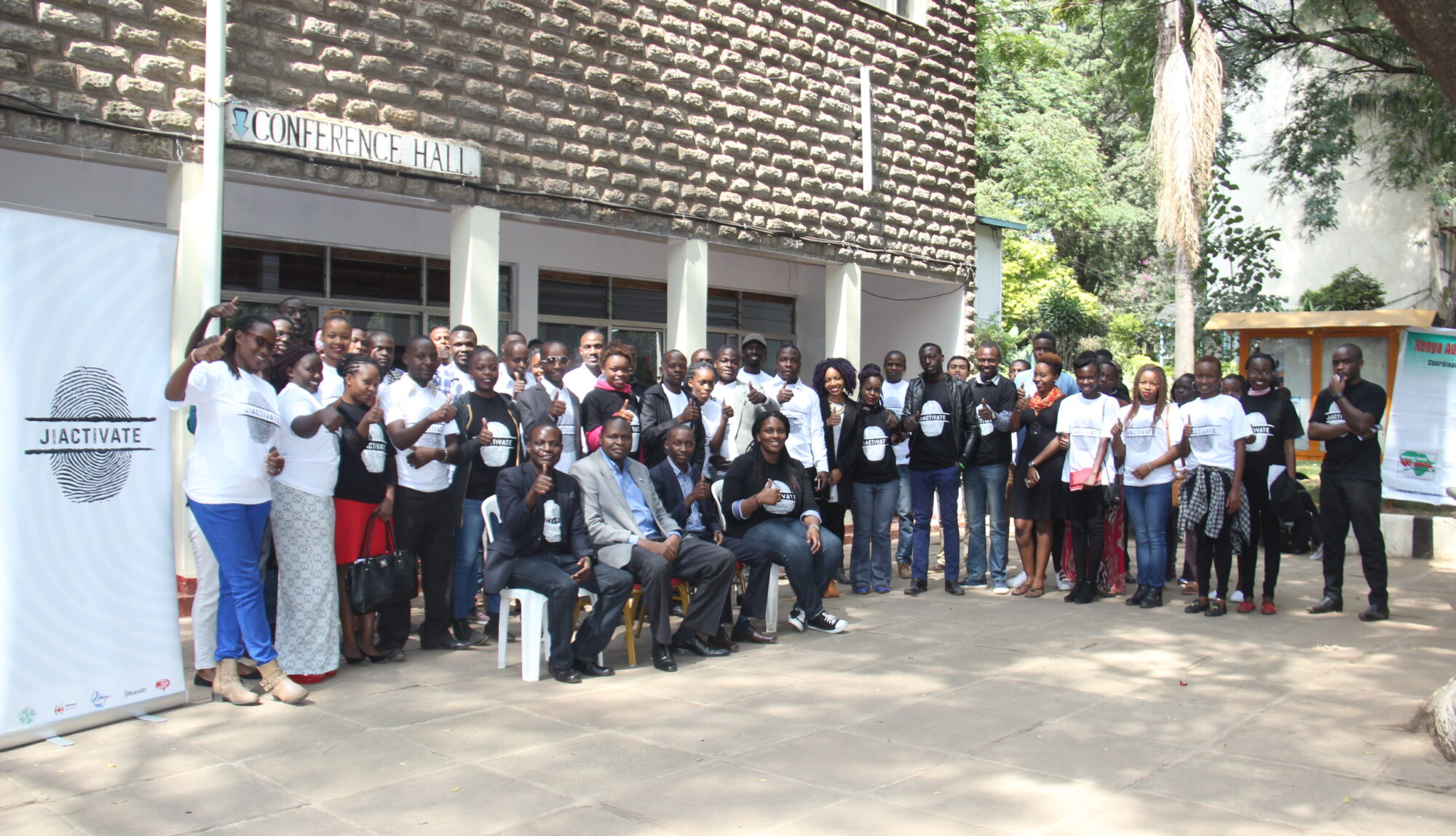Commission on the Status of Women (CSW 61)

OUTCOME DOCUMENT
February, 2017.
2017 Commission on the Status of Women (CSW 61) Kenyan Youth Consultation
The sixty-first session of the Commission on the Status of Women will take place at the United Nations Headquarters in New York from 13 to 24 March 2017.
Priority Theme: Women’s economic empowerment in the changing world of work.
Review Theme: Challenges and achievements in the implementation of the Millennium Development Goals for women and girls (agreed conclusions of the fifty-eighth session)
Emerging issue/Focus area: The empowerment of indigenous women.
Partners
Kenya Adolescent and Youth Sexual Reproductive Health and HIV Network
We are a network of 25 youth led SRHR organizations in Kenya. Our mission is to be the leading Kenyan coordinated SRHR youth advocacy network for mobilization and influence of relevant policies and their implementation for socio-economic development
Organization of Africa Youth- Kenya Chapter
OAYouth is an umbrella Africa Youth Movement formed under the Africa Youth Charter that was adopted by Africa Union. Our Mission is to be the umbrella organization for all independent minded African youth, providing a platform for information exchange on diverse sustainable development issues, a forum for dialogue, debate and a network of emerging and future leaders in diverse sectors.
Preamble
We acknowledge some of the major existing International actions and commitments of women’s economic empowerment including;
- The Kenyan constitution on two thirds gender rule.
- Beijing Platform of Action.
- Convention on the elimination of all forms of discrimination against women.
- Organization for Effective co-operation and Economic development; and
- Kenyan initiatives such as Women Enterprise Development Fund, Uwezo Fund and 30% Tender Reservation law.
Major Consultation Outcomes
- Introduction: Women economic empowerment, gaps and constraints
According to Kenya women are economically empowered by
- Equipping them with adequate knowledge and skills
- Providing opportunities, safe spaces and resources to improve their livelihoods.
The major economic gender gaps and the constraints to female youth’s economic empowerment in Kenya are;
- Gender stereotyping in job opportunities.
- Lack of collateral hence difficulties in borrowing loans.
- Societal norms and cultural practices.
- Lack of Education.
- Lack of political goodwill.
- Lack of awareness of their rights.
- Changes and Trends in work place for women and alternative structures
| What have been the elements of the changing world of work for women | What are the alternative structures addressing the change in society?(unpaid labor Unpaid leave, paid labor etc)
|
| 1. More women working on wage/self-employment so the change is on fertility rate
2. Since women are working they have less time to take care of their babies 3. Since women have been empowered they have taken up leaderships positions 4. Because of women empowerment women have embraced careers that were dominated by men.
|
1. Empowerment of both gender not in isolation of either
2. Creation of baby care centers in places of work to enable women take care of their baby even when they working 3. Society to embrace women in leadership and support them. 4. Empower more women to uptake careers that are dominated by men 5. Support community to embrace change 6. Encourage education for women
|
- Sexual Reproductive Health Rights (SRHR) and Young Women’s Economic Empowerment
- Access to/right to property: When women are empowered, they can own and acquire property likes houses and land. There will be reduction in the incidences of GBV
- Access to healthcare- economic empowerment leads to financial independence that increase access to healthcare like family planning services
- Safe spaces: Lack of GBV due to economic freedom will also create safe spaces for women.
- Access to information: economic empowerment means women can access information such as internet based information through smart phones and apps that have information on SRHR
- Case studies: Examples of Kenyan programs that have addressed SRHR and economic empowerment
- Men to create a conducive environment for women to enjoy their health rights e.g. to accompany their wives to family planning clinics.
- Legal aid clinics that offer free legal services to sexually abused women
- Baby care/day care baby rooms at work places e.g. Safaricom
- Leadership positions for women e.g. more women in parliament have helped in advocating for SRHR bills
- Employers giving paternity and maternity leaves that are paid, though there are scenarios where if a woman gets pregnant some employers fire them.
- There is a case study of a local bank that took part in training single mothers on entrepreneurship; thus empowering them economically
- Key priority asks: What should be done for women economic empowerment:
- Employers
- Equal pay for equal job between both gender
- Equal opportunities on ownership of immoveable items
- Equal opportunity on careers
- Governments
- Policy /laws/ frameworks and protocols’ implementation
- Change on culture beliefs and stereotypical attitudes towards empowered women
- CSOs and Society
- Creating awareness on existing opportunities and targeting the women in rights promotion
- Deliberate economic empowerment programs for women
- Invest in education for women
- Create more awareness in the society on the difference between gender and sex in economic empowerment
- Key Messages in relation to CSW61 (2017)
- United Nations should ensure continuity in CSW messaging and engagement beyond the conference
- Governments should implement policies on unpaid care work and recognize their contribution to GDP
- Africa Union should ensure accountability from governments on signed commitments
- The marginalized young African women should realize that education is key to economic empowerment